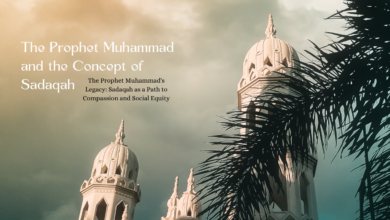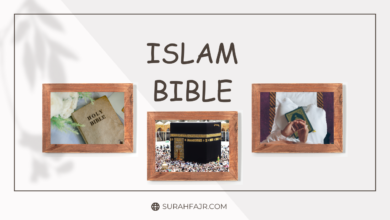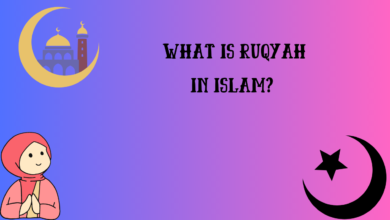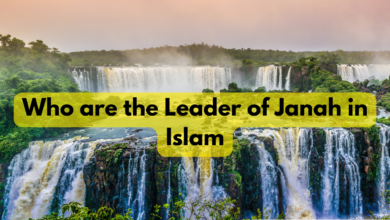Hazrat Muhammadﷺ Ka Shukr
Unveiling the Layers of Gratitude: Lessons from Hazrat Muhammadﷺ's Life
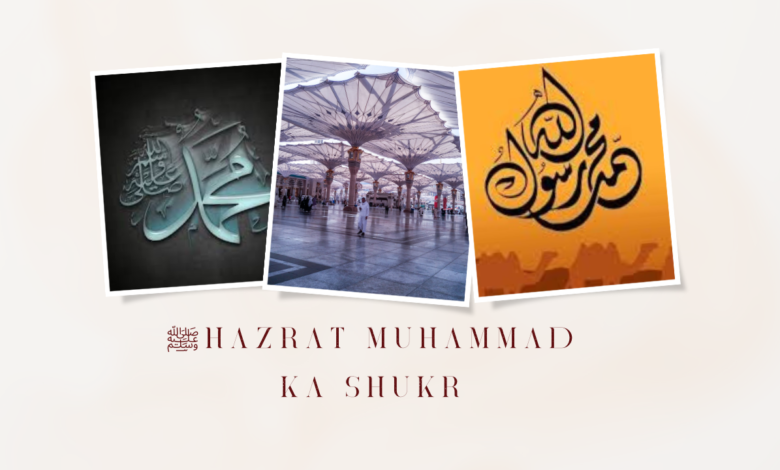
Hazrat Muhammadﷺ Ka Shukr
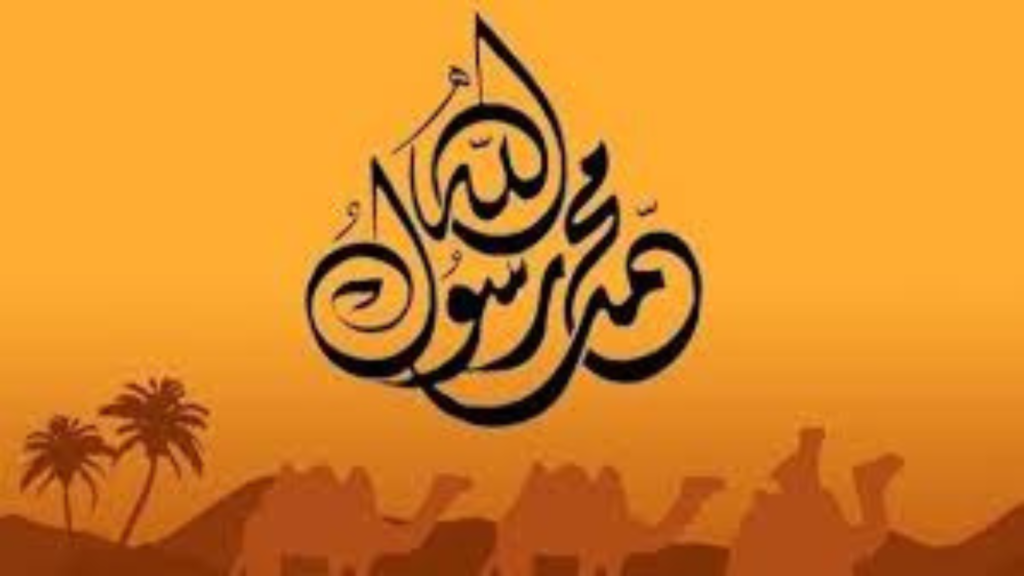
Introduction:
Gratitude, or shukr, is a fundamental aspect of Islamic teachings, and the life of Prophet Muhammadﷺ serves as a profound example of gratitude in action. His unwavering gratitude towards Allah, his companions, and all of creation is a testament to the importance of expressing thanks in every aspect of life. In this article, we delve into the various dimensions of Hazrat Muhammadﷺ ka shukr, exploring how the Prophetﷺ embodied and taught this virtue.
Gratitude towards Allah:
The cornerstone of Prophet Muhammad’sﷺ life was his profound gratitude towards Allah. In the face of trials and triumphs, he consistently turned to Allah in gratitude. His life was a continuous act of thanks for the blessings bestowed upon him and his followers. From the revelation of the Quran to the guidance provided in times of difficulty, the Prophetﷺ never ceased to express his gratitude.
One of the most notable instances of the Prophet’sﷺ gratitude was during the Isra and Mi’raj, the miraculous night journey. This journey, marked by divine revelations and ascension through the heavens, exemplified the Prophet’sﷺ gratitude towards Allah for the gift of divine guidance and the ultimate blessing of Islam.
Also Check
Gratitude in daily life:
Hazrat Muhammadﷺ demonstrated gratitude not only in spiritual matters but also in his daily interactions. Whether interacting with his family, companions, or the broader community, he always expressed appreciation for the efforts and contributions of those around him. This attitude fostered a sense of unity and gratitude within the early Muslim community.
The Prophet’sﷺ gratitude was not limited to the good times; he maintained this virtue even in the face of adversity. In times of hardship, he sought solace in prayer and thankfulness, setting an example for his followers to find strength in gratitude during challenging moments.
Gratitude towards creation:
The Prophet Muhammad’sﷺ gratitude extended beyond the human realm to encompass all of creation. He emphasized the importance of showing kindness and gratitude to animals, plants, and the environment. Narrations abound with instances of the Prophetﷺ expressing thanks for the bounties of nature and the creatures that share the Earth with humans.
One famous story recounts how the Prophetﷺ thanked a tree stump he used as a pulpit for his sermons. When a pulpit was constructed for him, the Prophetﷺ continued to stand on the stump for his sermons out of gratitude. This simple act illustrates his profound connection with the natural world and his recognition of the blessings bestowed upon him from every corner of creation.
Conclusion:
The life of Prophet Muhammadﷺ is a rich source of inspiration for Muslims seeking to embody gratitude in their lives. His gratitude towards Allah, his community, and the world around him serves as a timeless example for Muslims to follow. Hazrat Muhammadﷺ ka shukr is a holistic expression of thanks that transcends individual circumstances, demonstrating that gratitude is not just a feeling but a way of life. As believers strive to emulate the Prophet’sﷺ example, they find a path to spiritual fulfillment and a deeper connection with the Creator and His creation.
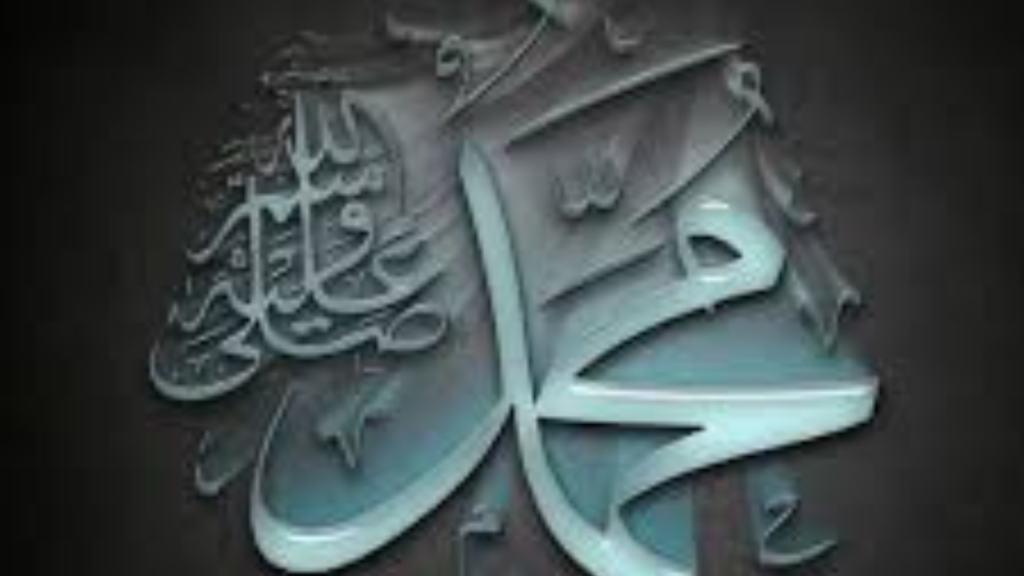
FAQs About Hazrat Muhammadﷺ Ka Shukr:
What does “Hazrat Muhammadﷺ Ka Shukr” mean?
“Hazrat Muhammadﷺ Ka Shukr” translates to “Gratitude of Prophet Muhammadﷺ.” It refers to the exemplary gratitude displayed by Prophet Muhammadﷺ in various aspects of his life.
How did Prophet Muhammadﷺ express gratitude towards Allah?
Prophet Muhammadﷺ expressed gratitude towards Allah through continuous prayer, devotion, and acknowledgment of Allah’s blessings, both in times of ease and adversity.
Can you provide examples of the Prophet’sﷺ gratitude in daily life?
The Prophetﷺ expressed gratitude in daily life by appreciating the efforts of his companions, showing kindness to his family, and thanking Allah for the simple blessings of life.
Did Prophet Muhammadﷺ teach his followers about gratitude?
Yes, the Prophetﷺ emphasized the importance of gratitude in his teachings, encouraging his followers to express thanks to Allah, appreciate one another, and recognize the blessings in their lives.
How did the Prophetﷺ exhibit gratitude during challenging times?
During challenging times, the Prophetﷺ sought solace in prayer and continued to express thanks to Allah, setting an example for his followers to maintain gratitude even in adversity.
What role did gratitude play in building unity within the early Muslim community?
Gratitude played a crucial role in building unity by fostering a sense of appreciation and cooperation among the early Muslim community members. The Prophet’sﷺ gratitude created a harmonious atmosphere.
Did Prophet Muhammadﷺ express gratitude towards the natural world?
Yes, the Prophetﷺ expressed gratitude towards the natural world, showing kindness to animals, appreciating plants, and recognizing the blessings in the environment.
Are there specific incidents highlighting the Prophet’sﷺ gratitude towards creation?
Yes, an example is the Prophetﷺ thanking a tree stump he used as a pulpit, even after a proper pulpit was built. This incident showcases his gratitude towards elements of the natural world.
How can Muslims today incorporate “Hazrat Muhammadﷺ Ka Shukr” into their lives?
Muslims can incorporate this concept by expressing gratitude in daily prayers, appreciating the efforts of those around them, and recognizing the blessings in their lives while navigating challenges with patience and thanks.
Is gratitude an essential aspect of Islamic virtues?
Yes, gratitude is considered a fundamental virtue in Islam. It is not only an emotion but a way of life, as exemplified by Prophet Muhammadﷺ, and is emphasized in various verses of the Quran and Hadith.
